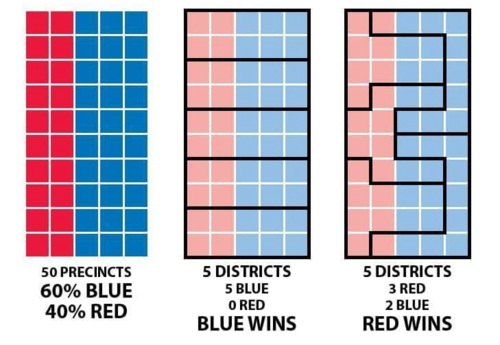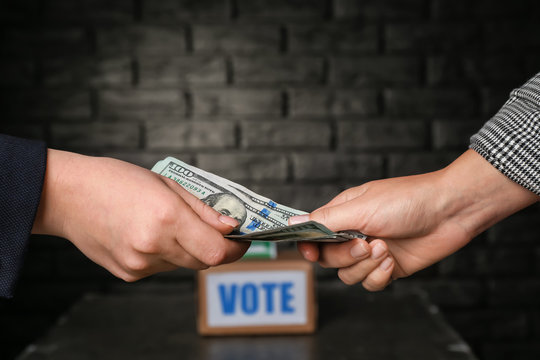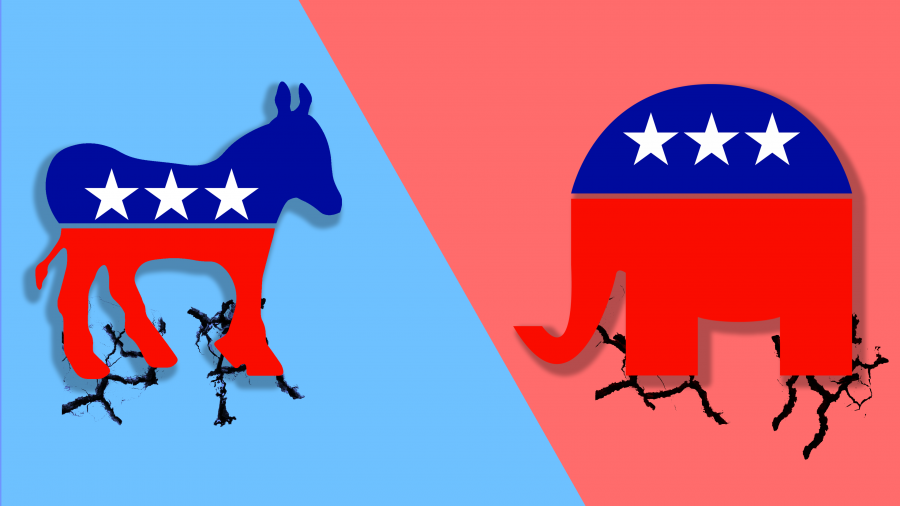Election day in the United States typically falls on a Tuesday in the middle of the day. For such a large country which is supposed to be dedicated to the democratic process and representing all citizens, why not hold the elections at a more convenient time?
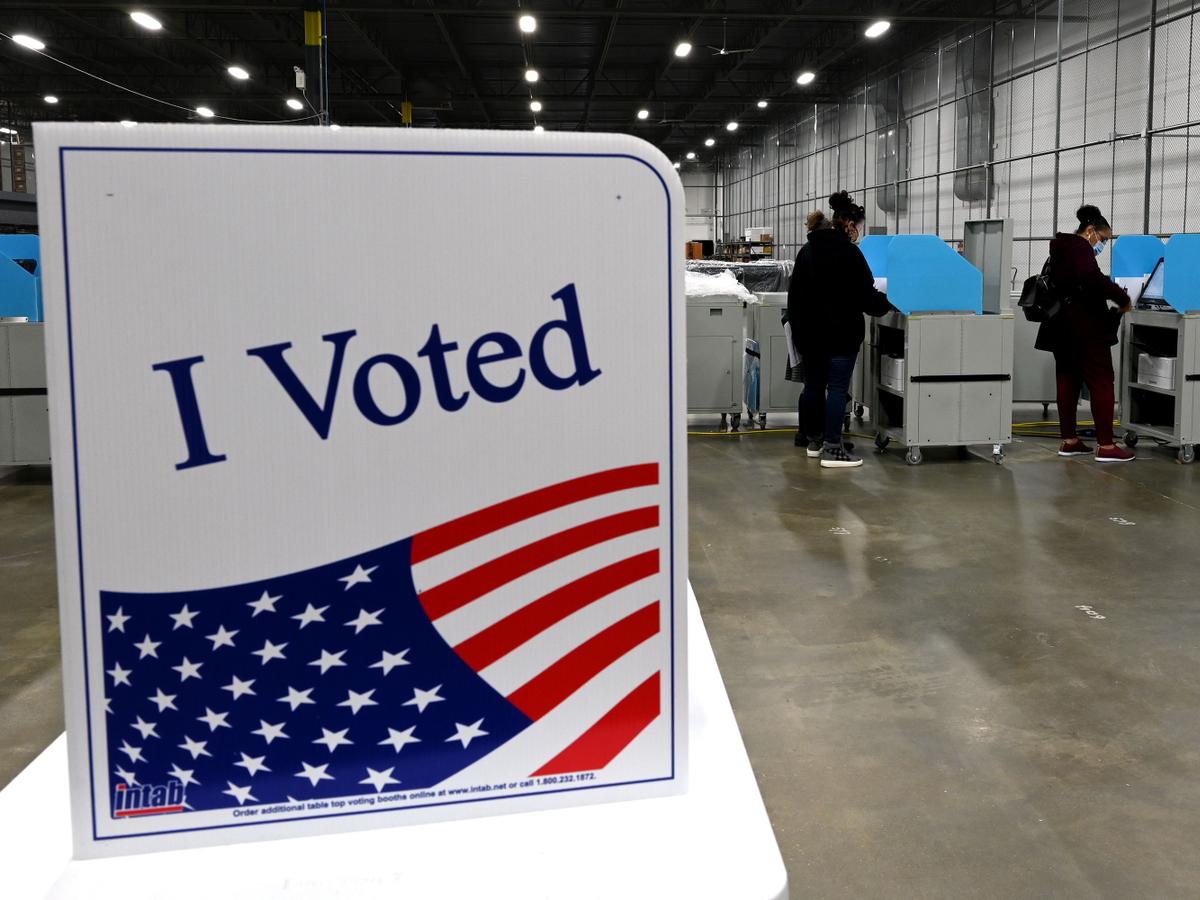
Every year, thousands of Americans are not counted in the electoral process. Some choose to abstain from voting, while many others are simply unable to vote, and the inconvenient times at which voting is available is part of the problem.
According to Why Tuesday? a nonprofit which is hoping to change the timing of election day, Tuesday was picked in 1845 because it was most convenient for farmers. Farmers needed, “a day to travel to the polls, a day to vote, and a day to get back — all without interfering with religious rituals or ‘market day,'” (Marketplace). While this system may have been convenient back then, times have certainly changed.
There have been efforts to get election day recognized as a federal holiday, or move the voting process to Veterans Day which is already a designated holiday. Many fighting for this change believe it will result in greater voter turnout. However, the process to create a new federal holiday is challenging and involves a lot of moving pieces.
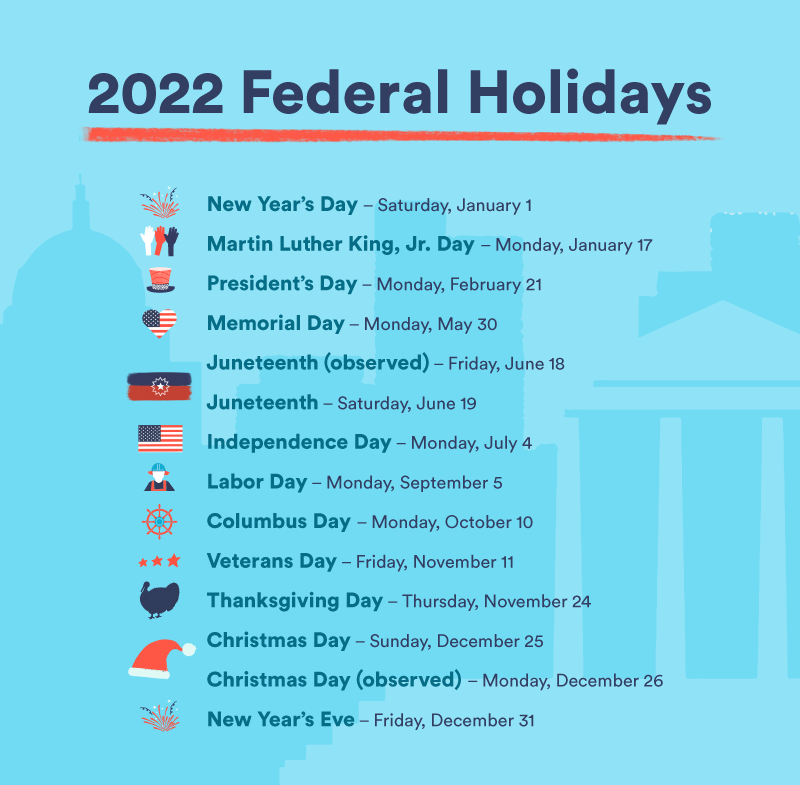
Businesses are a top concern for those pushing back on creating an election day holiday, as creating a new holiday would mean extra vacation time for employees mandated by the government. Some believe that this new holiday would cost businesses too much in productivity and profit.
However, with a shift in attitude towards the five day work week on the rise and the growing sentiment that more time at work does not necessarily mean more work done, I don’t believe this will be as large of a hit to businesses’ bottom lines as some may believe.
A shift to a more convenient time would allow for more people to be represented, especially some of the hardest working Americans unable to take time away from their jobs to vote. Citizens with responsibilities such as school, work, or family matters (children, older relatives, etc.) do not have the ability to make their voices heard under the current circumstances. Fortunately there are many congressional petitions and citizen led petitions which are hoping to make change and have everyone’s voice heard.
